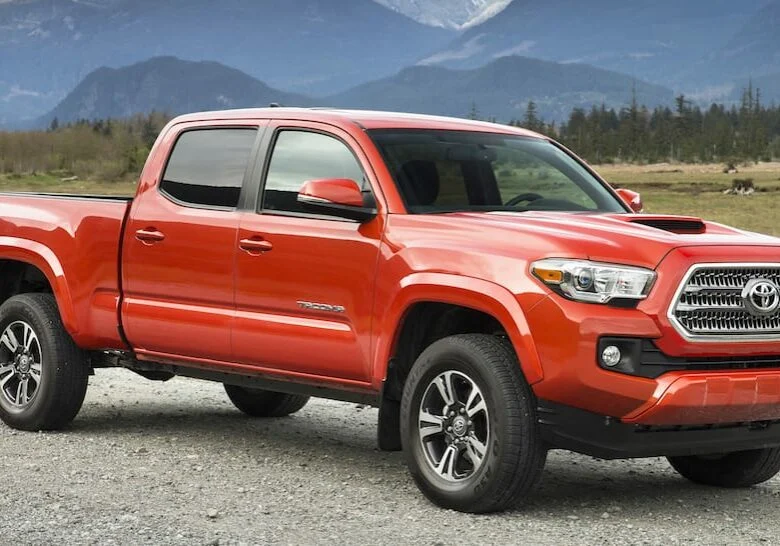CDL vs Non-CDL Truckers' Salaries Explained
CDL vs Non-CDL Truckers' Salaries Explained
Blog Article
The trucking business is one of the very most important owners of worldwide supply chains, ensuring things achieve their destinations. Nevertheless, income disparities within the market have recently captured attention as skilled truckers seem to generate much more than their less experienced counterparts. This blog will examine the partnership between experience and revenue in the trucking market, Truck driver salary seasoned drivers command higher paychecks and how experience forms overall making potential.
The Connection Between Experience and Earnings in Trucking
Knowledge shows an obvious correlation between experience degrees and truckers' income. Newcomers in the area frequently begin with earnings in the reduced levels, sending their not enough practical knowledge, certifications, or knowledge of working complexities. For example, entry-level truckers usually generate anywhere between $40,000 to $50,000 annually, with regards to the location and industry segment they serve.

Meanwhile, truckers with 5–a decade of experience report earnings that will climb to $70,000 or more annually. Owners boasting several ages in the profession frequently drive after dark $100,000 benchmark, particularly if they're involved in specific transporting, such as for example hazardous products or oversized loads. This step-by-step raise is seated in the worth skilled people deliver to employers through safer operating techniques, increased energy efficiency, and fewer distribution delays.
Factors Contributing to Higher Earnings
1. Skill Refinement
Experienced truckers have had decades to refine important skills on the road. From maneuvering heavy masses in undesirable situations to effortlessly planning channels, veteran owners are often more trusted and efficient, creating them indispensable resources to employers.
2. Specialized Trucking Roles
Particular jobs, such as for instance hauling dangerous products (HAZMAT), refrigerated things, or oversized freight, need advanced certifications and expertise. These positions on average present significantly larger pay, and skilled owners are prone to qualify for them.
3. Safety Record
Employers in the trucking industry prioritize safety, and individuals with clean or excellent security records see their earnings rise. This really is due to the paid off responsibility they provide and the potential savings for businesses on insurance premiums.

4. Driver Retention Incentives
To beat the continuous driver shortage, some employers offer motivation programs targeting frequent drivers. This will contain higher per-mile prices, guaranteed in full bonuses, or greater overall settlement packages.
The Road Ahead
The impact of knowledge on truckers' income is undeniable, and as the evolves, that trend will probably persist. For new drivers, the information that their earnings can scale alongside their knowledge provides motivation to understand and grow. On the other hand, experienced drivers stay important contributors to the industry's balance and efficiency, solidifying their larger making possible over time.
Report this page